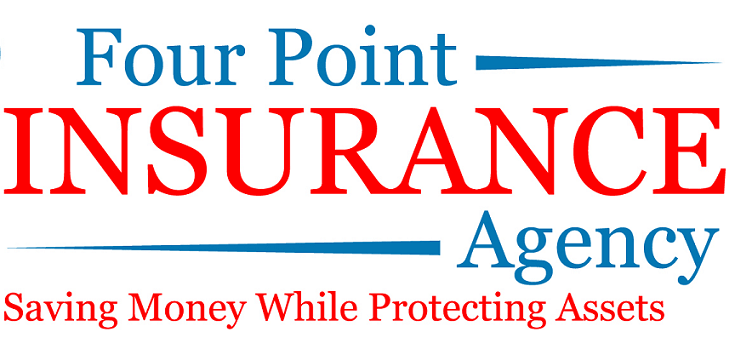Don’t Ask Employees If They Have Covid-19, and Other HR Tips
Can I ask an employee if he or she has Covid-19? Can I send a sick worker home and require a doctor’s note to return? Should I worry about staff getting the virus from the mail or a shipping container from China?
Those were among the top questions from a webcast Tuesday coordinated by the Society for Human Resource Management to discuss how workplaces should handle thorny issues raised by the new coronavirus. The short answers? No. Probably Not. No.
Roughly 40,000 people joined the call, which featured staff experts from the HR group and Jay Butler, deputy director for infectious diseases at the U.S. Centers for Disease Control and Prevention. Participants included not only HR professionals, but also CEOs, business owners and random people with questions — showing the hunger for guidance on how employers should navigate a global outbreak.
“It crashed our website for about two minutes; my technology people were freaking out,” said Johnny Taylor, chief executive officer of the 300,000-member human-resources society. “I think it speaks to how much pent-up demand you had for people to get real clarity.”
Now that the virus has infected more than 117,000 people in 100 countries globally, the CDC is moving beyond just trying to prevent the outbreak and is now focusing on mitigation. Businesses have a role to play in that process by taking smart steps to keep their employees healthy at work and making it easier for sick workers to stay home, Butler said.
“The goal of the mitigation is to not overwhelm society with millions of people becoming sick over a very short period of time,” Butler said on the call. “It is indeed very possible that this is a virus that is going to go around the world and infect a majority of people.”
The biggest focus of employers should be preventing person-to-person transmission, Butler said. The virus doesn’t seem to live much more than a day outside of the body even under the most favorable laboratory conditions, and if it were spreading through the mail or via shipping containers, that would likely have shown up in the epidemiological patterns, he said. People should also get the flu shot, not because it will have any protection from Covid-19 (it doesn’t), but because it will reduce the number of people who have to miss work because of the traditional flu, he said.
Alex Alonso, the chief knowledge officer at the Society for Human Resource Management, and Amber Clayton, director of the group’s HR Knowledge Center, also answered some of the more than 20 questions fielded during the hour-long webcast — after more than 2,000 were submitted.
An employer can suggest an employee with visible illness leave the workplace, but should avoid asking too many specifics that might violate a worker’s rights, such as the Americans with Disabilities Act, Clayton said. Employers can set specific guideline for when a worker can return, such as how long it’s been since the last fever, she said.
“The CDC has also recommended that employers not require a doctor’s note at this time because we know that medical professionals are going to be extremely busy,” Clayton said.
Much of the advice from Butler, the CDC disease expert, was also common sense. Companies should advise employees against travel to high-risk locations. Employers need flexible work-at-home arrangements and should consider expanded sick-leave policies so that workers will feel more secure in their jobs if they are ill. Extra caution should also be taken to make sure that no one is stigmatized because of exposure to the virus, Butler said.
In the workplace, encourage frequent hand-washing, wipe down surfaces such as door knobs frequently and keep people farther apart — and by all means, cough into your sleeve, not your hand, Butler said.
“I know that sounds like something our mothers all told us when we were in growing up, but actually, there’s some science behind this approach,” he said. “It’s critically important right now.”


No responses yet